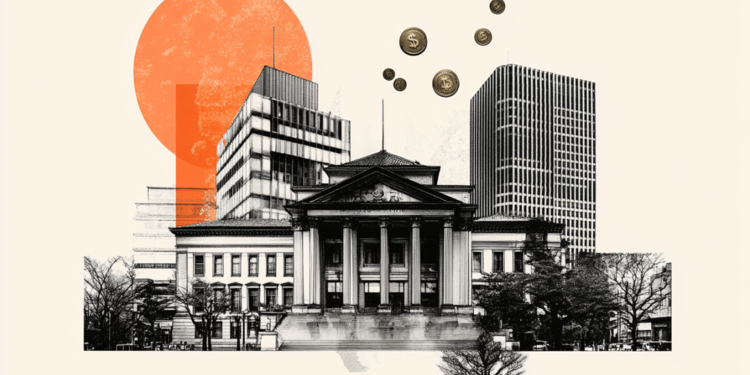French voters go to the polls on Sunday (7) for the second round of the country’s legislative elections, after President Emmanuel Macron dissolved parliament and called a general election following his party’s poor performance in the vote for the European parliament.
Elections for the 577 seats of the French National Assembly are a two-round process.
In districts where no candidate won outright in the first round, the top two candidates, plus any candidate with more than 12.5 percent of the total number of registered voters in that district, advance to the second round.
Marine Le Pen’s far-right National Rally (RN) party led the first round of French parliamentary elections on Sunday (30), bringing the group closer to an unprecedented position in power.
After an exceptionally high turnout, the RN bloc won 33.15% of the vote, while the left-wing New Popular Front (NFP) coalition came in second with 27.99% and President Emmanuel Macron’s alliance dropped to third place with 20.76%, according to final results published by the Interior Ministry on Monday.
See how the second round works
The candidate who receives the most votes in the second round wins the seat.
The high turnout in the first round means that around 300 districts now face possible three-way runoffs, which theoretically favors RN.
To avoid these three runoff paths and block the RN, France’s center-right and center-left politicians have long practiced what they call a “republican front,” where the third-place candidate drops out of the race and urges voters to unite behind the second-place candidate.
All candidates who advanced to the second round had until Tuesday night (2) to decide whether to withdraw or compete in the second round.
What is the situation like for the second round?
Many political leaders gave guidance to candidates and voters on Sunday night (30).
President Emmanuel Macron called for a “broad demonstration behind the republican and democratic candidates” for the second round, effectively steering against the far-right National Rally party and the left-wing France Insoumise (LFI) party.
Its former prime minister, Edouard Philippe, made an explicit call to his party’s candidates to drop out if they were in third place and join the center-left to center-right candidates, excluding the RN and LFI.
On the left, Socialist and LFI leaders also called on their third-place candidates to drop out to block the RN.
The conservative Republicans party, which split ahead of the vote with a small number of its lawmakers siding with the RN, has yet to take a position.
What happens now?
The effectiveness of the “Republican front” has weakened over the years, and many voters no longer follow the advice of party leaders.
It is also possible that candidates will refuse to withdraw, even with guidance from political headquarters in Paris.
However, the negotiations could significantly influence the results, potentially deciding whether the RN will achieve an absolute majority in parliament or not.
This makes the outcome of the second round extraordinarily difficult to predict. Even pollsters have advised caution in their seat projections.
Source: CNN Brasil
Bruce Belcher is a seasoned author with over 5 years of experience in world news. He writes for online news websites and provides in-depth analysis on the world stock market. Bruce is known for his insightful perspectives and commitment to keeping the public informed.







